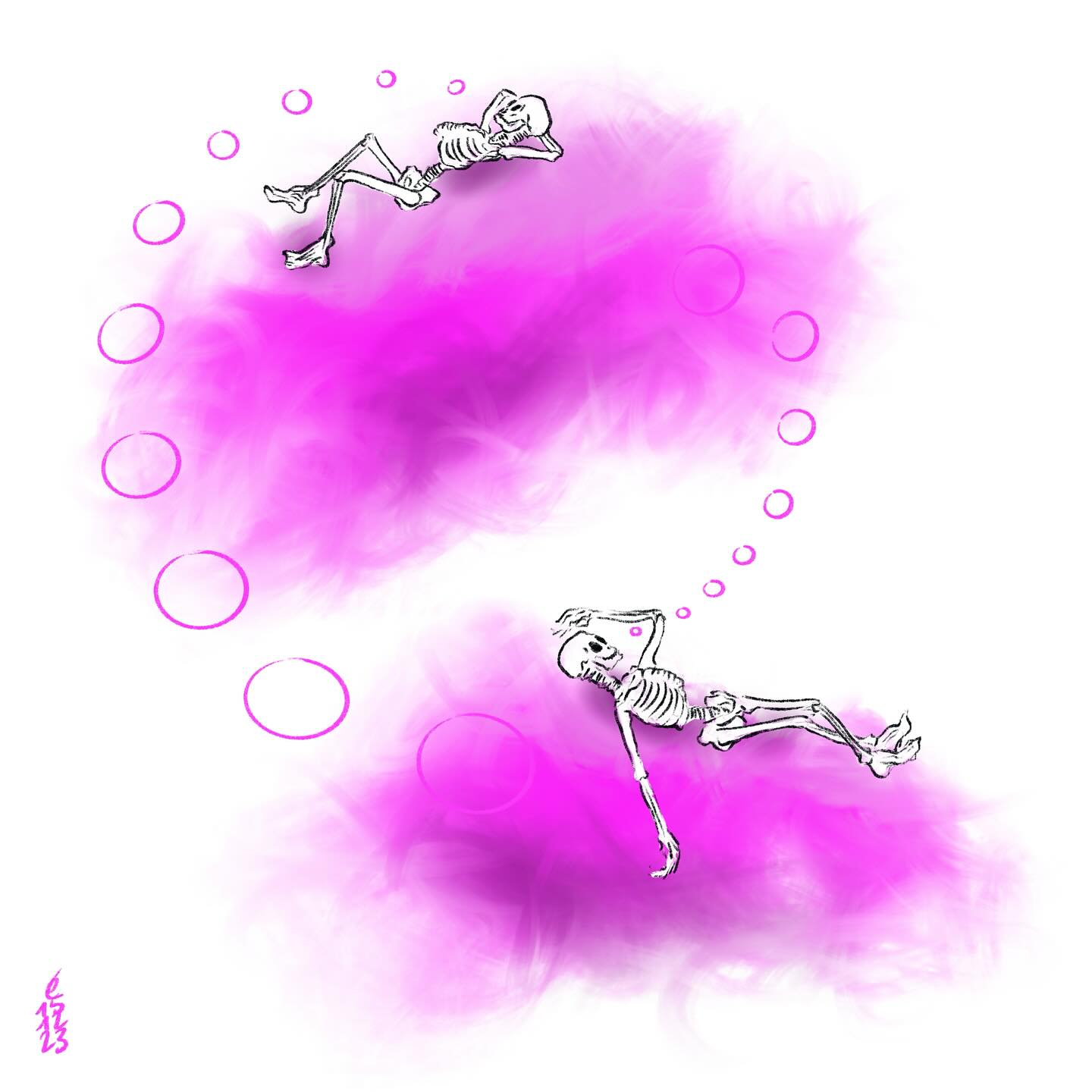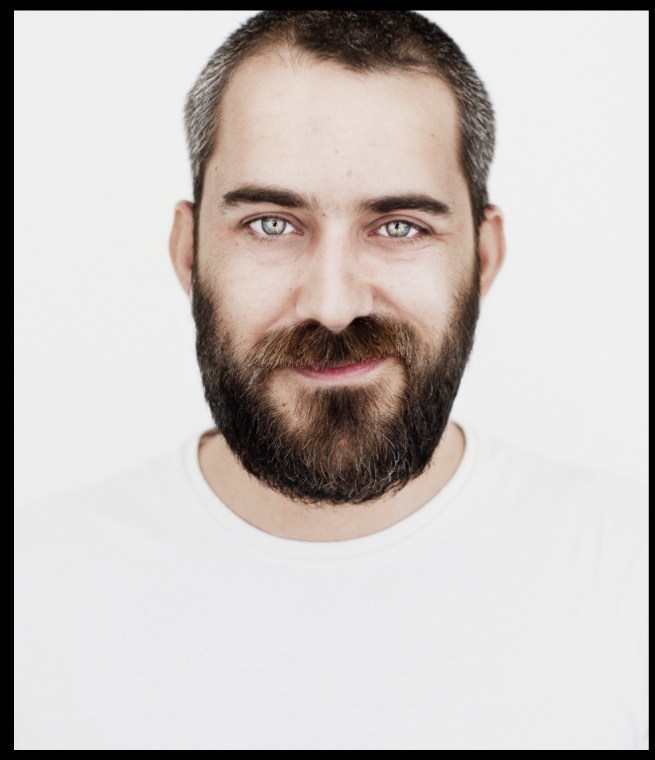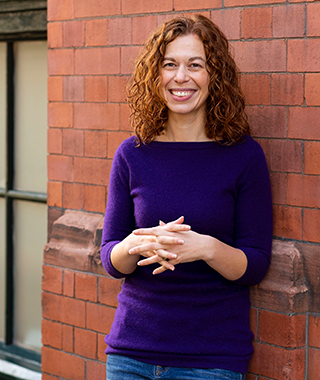
“There are defects, diseases and disorders that can play a paradoxical role, revealing latent capacities, developments, evolutions, forms of life, that could never be seen, or even imagined in the absence of them. It is the paradox of illness, in this sense, its creative potential”. Oliver Sacks, An Anthropologist on Mars
The mental health of young people is a problem that demands immediate attention. According to WHO data, globally, one in seven adolescents aged 10-19 years (14%) suffers from a mental disorder and these illnesses remain largely unrecognized and untreated. A crisis that has increased in magnitude due to the pandemic and other socioeconomic challenges. But what happens when it is the affected young people themselves who take control in generating the narrative around talking about mental health? That is precisely what the Mindset Revolution project seeks to do.
Mindset Revolution is about young people creating their own spaces for participation, where they can build a collective voice that can be heard loud and clear by mental health services and policy makers.
The first step in this project, which aims to further expand the youth voice in mental health, begins in Great Manchester. On February 13, 2023, a group of young people, accompanied by Professor Sonia Bussu from the University of Birmingham, set to work together with Platoniq, James Duggan and Zarah Eve from Manchester Metropolitan University, Youth Focus North West, Katy Rubin, 42nd Street, Reform Radio and GM-i Thrive to think about and generate a hybrid workspace in search of:
1) what are the main youth mental health issues that young people want to talk about;
2) what are the proposals that young people and groups working in youth mental health want to put forward on these issues;
3) how to have a dialogue between young people and public officials to refine these proposals;
4) conduct a consultation in which to present a plan for change to Great Manchester services and institutions.
Using an assemblage approach, a combination of digital and non-digital infrastructures, to facilitate participation, the whole process has been designed and facilitated by the young people themselves, who are provided with spaces and resources to invent their own spaces for participation, moving from being affected to full protagonists of their own process, where their voice can be heard clearly and from where they can help shape youth mental health policy and change the way services are delivered. A flexible approach, which adapts to the needs of the community at any given time, allowing for inclusive and diverse participation.
The Platoniq Foundation, a key partner in this project, provided its Open Spaces as a “shelter” to be able to carry out this participatory process. Its objective: to accompany strategic participatory processes and to offer design and facilitation services for hybrid participatory processes to communities that cannot afford them. The result: 12 policy proposals based on a survey of 42 people between 16 and 25 years old:
What do young people demand?
Six demands for inclusive and accessible mental health services: Accessibility of mental health services for young people; Integration and improved access to care services; Youth-led training for service providers; Improving the influence of diverse cultures in mental health services; Diversity experience days, training series and QAF certification; Youth advocates to help young people navigate the health system.
Three demands for accessible and inclusive mental health support in educational settings: Youth-designed mental health spaces; An education system designed for positive mental health and wellness; Accessible support without diagnostic assessments in schools and colleges and institutes.
Two demands for greater co-production with young people at the forefront: Bring all stakeholders in youth mental health services around the same table; Co-design a more collaborative pathway for youth mental health support.
A requirement to rethink the role of the police in mental health emergencies: Transparency and harm reduction in police management of mental health crises.
What was the process?
Led by youth: Ali Coleman, Bolu Onalaja, Charlie, Cicka, Chimwemwe, Dan, Destiny, Jordan, Juliet, Lee, Linton, Maame, Millissa, Mahdiyyah, MJ, Oscar, Prateek, Saira, Sam, Ummay, Zainab and Zara, the group was divided into three workspaces:
The Legislative Theatre committee worked alongside Katy Rubin, a professional from Legislative Theatre (LT), to create a play about mental health. Under Mindset Revolution, four youth trained as facilitators with Katy to then work with six other youth to create their own play about mental health, Mask To Break.
Legislative Theater uses creativity and art as tools to encourage policy change. Through this technique, the youth create and perform a play that chronicles their experience with the mental health system. The audience, composed of professionals and policy makers, actively participates, contributing solutions and committing to implement changes.
Under Digital Participation, six young people co-designed a) a digital process for youth participation focused on mental health support; b) an online platform where young people can create and share resources on mental health, using the digital platform Open Spaces, hosted by the Platoniq Foundation.
A final working group was dedicated to Participatory Research. Seven young people evaluated the project using various creative and innovative methods, such as poetry, drawings and podcasting.
Next steps
The work done had its continuity in this year’s Decidim Fest 2023. In the workshop: Digital Environments for Care and Democracy: Youth-Led Policy Making and Accountability participants heard first-hand the results of the experience in Great Manchester and then divided into three groups: the first one dedicated to understanding how it is possible to improve the virtual participatory environment in which this type of participatory projects take place; the second one, which continued to explore whether it is possible to generate narratives, inspired by the example of the Legislative Theater worked in Manchester, through new formats that have a greater and better impact on public administrations when it comes to raising their awareness on issues related to the mental health of young people; and the third one, which focused on gathering in an experimental format, proposed by Platoniq, all the knowledge and processes carried out so far.
(Pliegos, Mindset Revolution, 2023 “Pliegos, Mindset Revolution, 2023”)
The objectives of the workshop were, on the one hand, to explore how culture can help translate policy recommendations and proposals into an accessible format to reach citizens, especially young women and schools and, on the other hand, to discuss how the design of the accountability component could be improved to include the diversity of elements and how to make it more accessible and user-friendly for monitoring and evaluation.
The activity, led by Marta Anducas (Platoniq Foundation), Cristian Palazzi (Platoniq Foundation), Enric Senabre (Platoniq Foundation) and Sonia Bussu (University of Birmingham) was attended by about twenty people who, with their creativity and knowledge, helped to envision new possibilities for implementing this type of processes in young groups interested in mental health from now on.
Where are we going, will you join us?
If the Mindset Revolution project demonstrates anything, it is that change is possible and there have already been commitments from mental health professionals and policy makers to implement actions that can lead to significant change. This project, therefore, is a first step in a process towards sustainable and rooted youth-led participation in thinking about mental health from their own perspective and in their own interests.
Young people are undoubtedly the future. But they are also here, in the present, ready to be heard and to make a difference. At Mindset Revolution, we believe in citizen participation and the power of technology to drive change.
Join us on this exciting journey towards greater democracy and community well-being! Contact us now and find out how we can transform your strategic engagement processes at Open Spaces.
Note: updated version of the article: “Mindset Revolution: Transforming Youth Engagement in Mental Health”, published in Wilder Journal #1.



